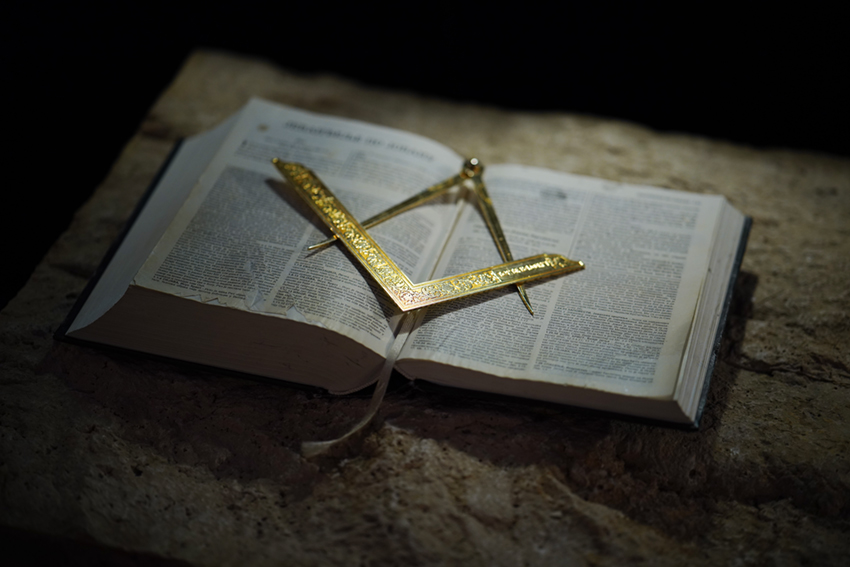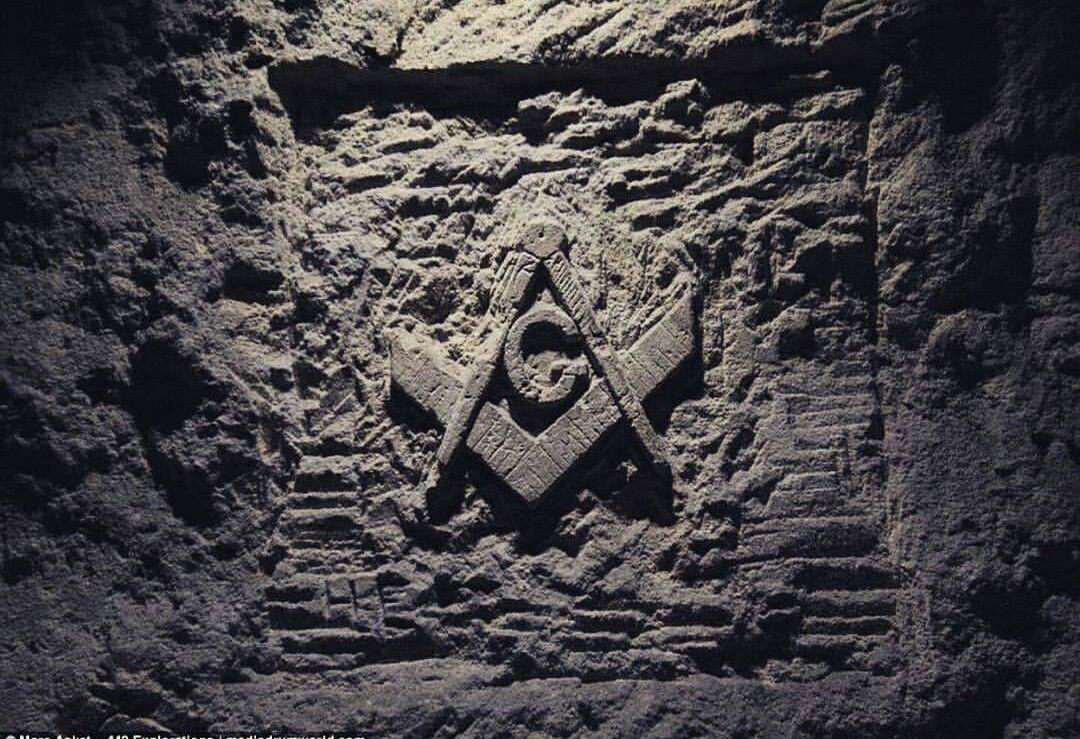Basic Principles
FROM THE CONSTITUTION OF THE

I
The Masonic Alliance is an association of free men that evolved from the guilds of stonemasons of the Middle Ages. Its basis lies in pure ethical principles that find expression in Masonic regulations, and mostly in the Old Charges of Freemasons.
II
All people, regardless of profession and occupation, material status, or position, were born according to the same laws of nature, which is why they have equal rights in society. For that reason, the Masons meet as brothers and consider their alliance to be fraternal. In the same sense, they nurture and spread brotherly love for their neighbors in profane circles.
III
The whole work and life in the Alliance are based on love, truth, justice, and humanity. Starting from this basis, the Alliance extends the mentioned virtues to the profane society: through the symbolic rites and customs of the Royal Art; by nurturing a sense of humanity towards others; by exemplary personal and family life; by working on everything good, beautiful, and useful both for the whole and for the individual.
IV
Masons believe in the Grand Architect of the Universe and tolerate everyone’s faith. The Alliance, however, does not belong to any sect or dogma; it does not perform the religious nor the ecclesiastic cult. In Masonry, “brother is dear, regardless of the religion he belongs to”.
V
As an outspoken opponent of the restriction of freedoms of conscience, religion, and opinion, the Masonic Alliance uses legal means to defend these inviolable rights of every individual. Also, as an advocate of personal rights and beliefs, it is against any kind of pressure and prevention of religious or political beliefs.
VI
Masons of Serbia love their Fatherland and are loyal and faithful to it. They consider it their duty to defend its freedom, independence, and inviolability of its entirety. They cooperate in supporting internal order and peace – by word, writing, and deed. Therefore, they can participate in any public work, but Masonic principles should always guide them. By such doing in their homeland, they also contribute to the well-being of all humanity.
VII
The Lodges are quiet and closed workshops. In them, mutual informing about religious, political, and, in general, social issues is not excluded, but always within the boundaries of Masonic principles. However, personal self-determination outside the Lodge is free.
VIII
The Masonic Alliance accepts free men of good reputation, guided by the desire to nurture virtues and morals in society. It does not distinguish between their nationality, their political beliefs, or their civil status. It does not allow attracting into membership but discretely provides the requested information, only if it finds that one of those interested would be a worthy member of a large Masonic family.
IX
The history of Freemasonry, Masonic principles, and Masonic aims are not at all a secret, but the members of the Brotherhood are not allowed to reveal internal rites and established signs of recognition to those who are not initiates.
X
Masons are obliged to be faithful and loyal to the laws of their Lodge. They keep its inviolability from anyone who does not belong to the Alliance. They defend Masonic interests and avoid discussing Masonic issues in profane circles.
XI
As free men, and under the existing regulations, Masons have the right to withdraw from the Alliance whenever they see fit.
XII
Family life among Masons, as well as the attitude towards Masonic families, and even towards profane circles, is nurtured on the highest moral grounds and is considered sacred.
